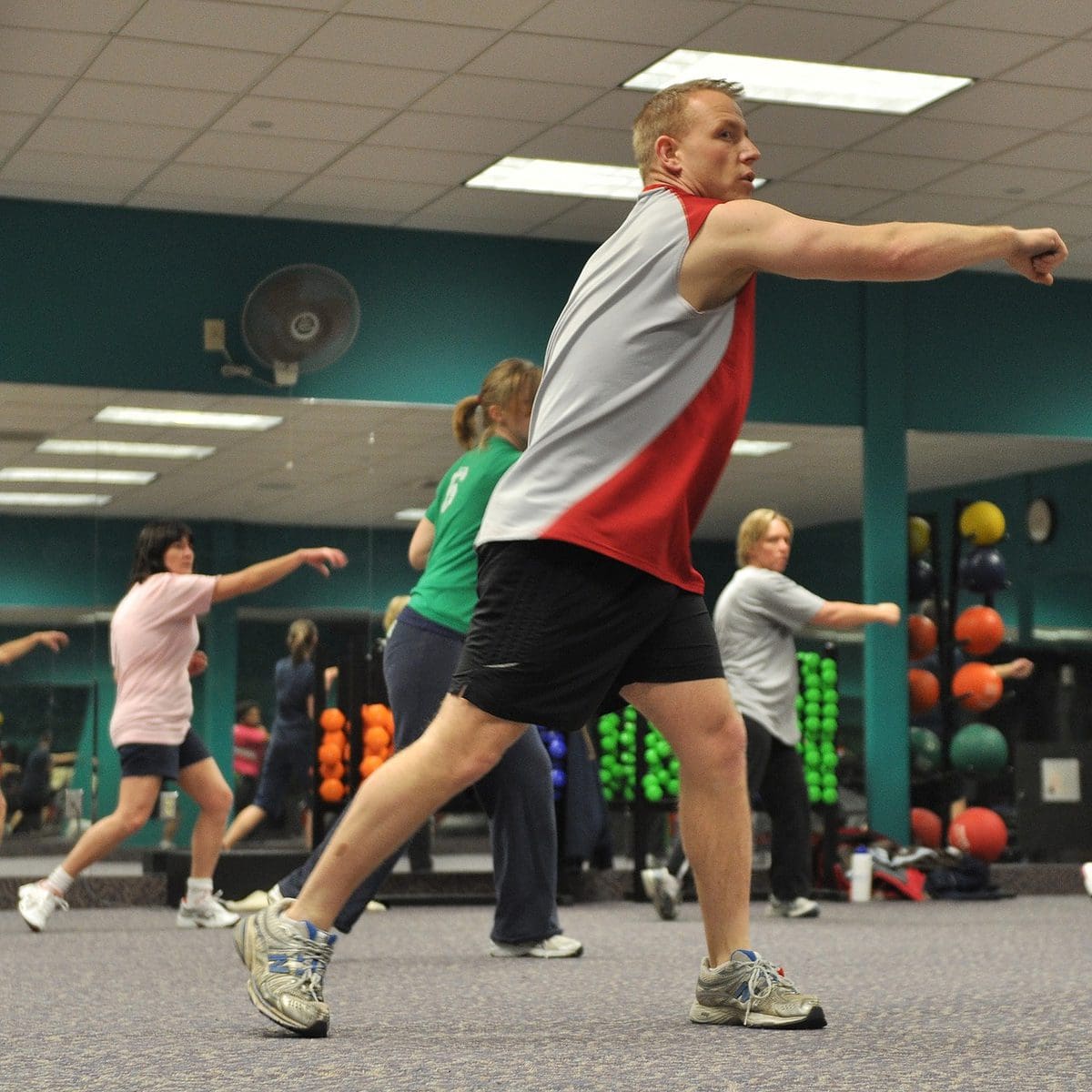By Ahmed El-Medany
A recent publication by Lopes et al (2021) in JAMA suggests that the addition of a structured aerobic exercise intervention to optimal medical therapy improves blood pressure control in resistant hypertension.
The Exercise Training in the Treatment of Resistant Hypertension (EnRicH) trial is a prospective, 2-center, single-blinded randomised trial that was performed in Portugal from March 2017 to December 2019. 60 participants, aged 40-75 years, with a diagnosis of resistant hypertension were enrolled. They were then randomly assigned in a 1:1 ratio to a 12-week moderate-intensity aerobic exercise training program, or ‘usual care’ control group. The primary efficacy measure was a 24-hour ambulatory systolic blood pressure change from baseline.53 patients completed the study (26 in exercise group, 27 in control group). In the exercise group, 24-hour ambulatory systolic BP was reduced by 7.1 mm Hg (95% CI, −12.8 to −1.4; P = .02). Clinic systolic BP (−10.0 mm Hg; 95% CI, −17.6 to −2.5; P = .01) and cardiorespiratory fitness (5.05 mL/kg per minute of oxygen consumption; 95% CI, 3.5 to 6.6; P < .001) also improved in the exercise group compared with the control group.
‘These findings provide clinicians with evidence to embrace moderate-intensity aerobic exercise as a standard coadjutant therapy targeting this patient population.’ The authors state.
More here: https://jamanetwork.com/journals/jamacardiology/article-abstract/2782554
Lopes S, Mesquita-Bastos J, Garcia C, Bertoquini S, Ribau V, Teixeira M, Ribeiro IP, Melo JB, Oliveira J, Figueiredo D, Guimarães GV. Effect of Exercise Training on Ambulatory Blood Pressure Among Patients With Resistant Hypertension: A Randomized Clinical Trial. JAMA cardiology. 2021 Aug 4.

